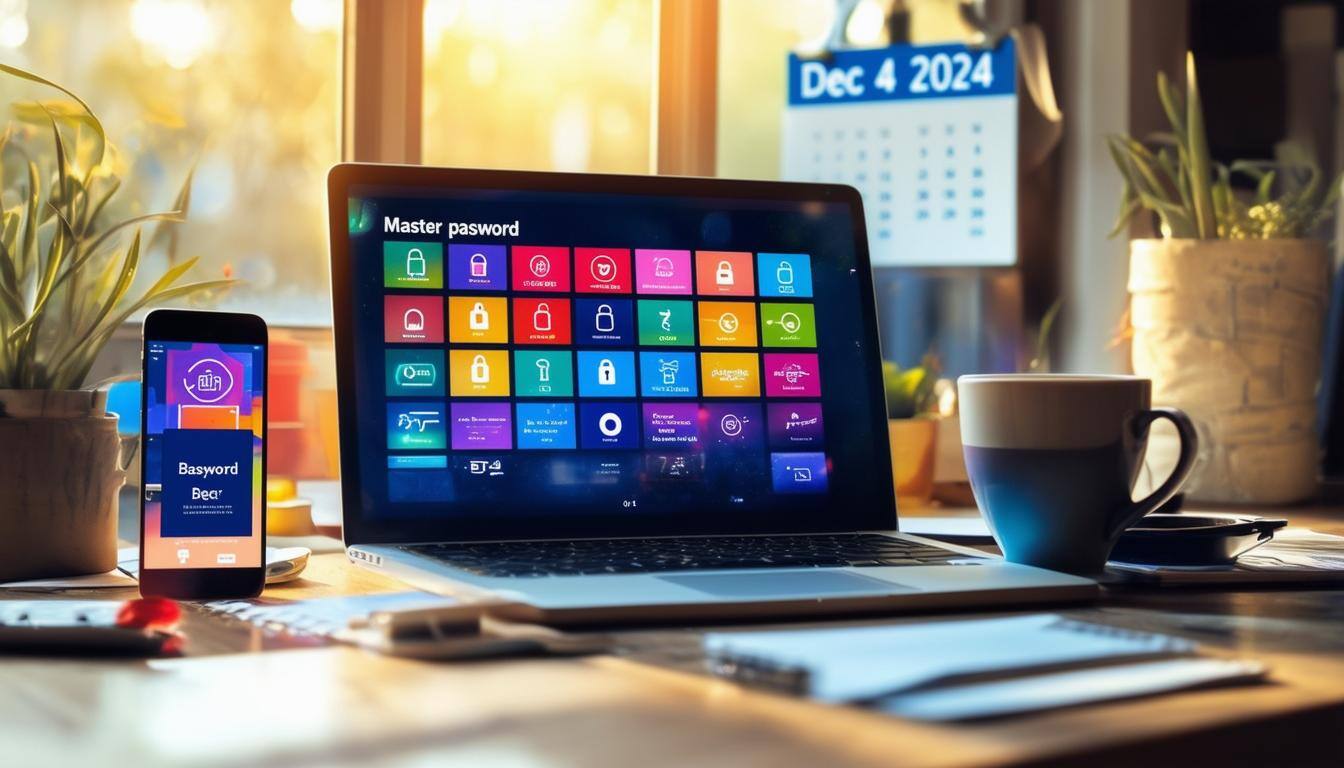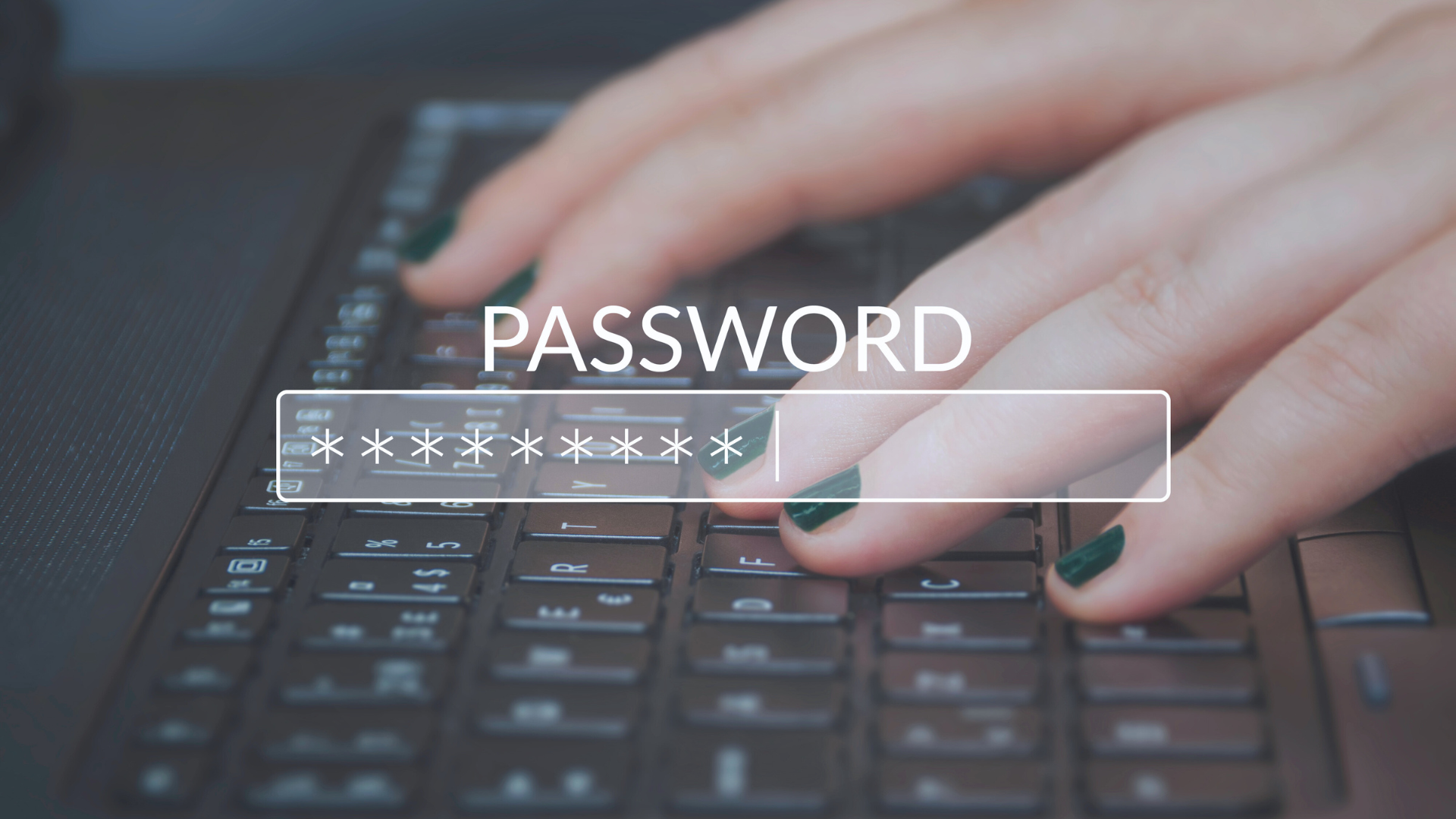How Password Managers Protect Your Accounts
Passwords are the keys to our digital lives, granting us access to email accounts, bank accounts, social media, and more. However, managing multiple...
3 min read
![]() Totalcare IT
:
Jul 21, 2025 10:00:00 AM
Totalcare IT
:
Jul 21, 2025 10:00:00 AM
Let’s have a moment of honesty.
Do you (or someone on your team) still use a password like “12345” or “password123”?
If the answer is yes—you’re far from alone. But that doesn’t make it okay.
Despite years of warnings from IT pros (yes, like me), weak and reused passwords are still everywhere. And in today’s cybersecurity landscape, that’s a major risk. For your data. For your finances. And for your reputation.
You’d be shocked how many businesses—small, mid-sized, and even large—are still relying on passwords that can be cracked in less than a second.
A recent study found that the most commonly used business passwords are still:
“123456”
“password”
“123456789”
And yes… “qwerty123”
Let’s call it what it is: an open door for cybercriminals. These aren’t clever or secure. They’re basically an engraved invitation to your data.
And while it’s tempting to think only giant corporations are targets, small businesses are actually hit harder when breaches happen. Why? Because they often lack the resources—financial and technical—to recover quickly or quietly. A single compromised account could give hackers access to:
Company emails
Financial records
Customer data
Internal documents
Your brand’s trust and credibility
And here’s the scary part: you may not even realize it happened until the damage is already done.
I hear this a lot. And here’s the truth: yes, you do.
Even if you’re a small team of five, your systems contain valuable data. Client records, project files, login credentials, contracts, and communication histories—all of these can be exploited, sold, or used to gain access to other businesses you work with.
Hackers don’t just target billion-dollar corporations. They go for easy wins. And nothing’s easier than weak, reused, or predictable passwords.
Even if your team isn’t using “123456”, that doesn’t mean your passwords are secure.
Many people still use:
Their own name or company name
Their birthdate or anniversary
Their pet’s name (hello, Fluffy123!)
Their email address or phone number
Sentimental phrases like “iloveyou” or “sunshine”
It might feel personal, memorable—even sweet. But in security terms? It's a huge vulnerability.
The golden rule: every account should have a different, complex password. That means:
At least 12 characters
A mix of uppercase/lowercase letters, numbers, and symbols
No real words, phrases, or patterns
Nothing that can be guessed based on your public info
No one wants to remember 30 ultra-secure passwords (and no, writing them on a sticky note under your keyboard doesn’t count). This brings us to…
A password manager does the heavy lifting for you. It generates and securely stores complex passwords for every login, so your team only needs to remember one master password.
Bonus: many password managers also alert you if any of your stored credentials have been part of a data breach.
Some popular options include:
1Password
Bitwarden
LastPass
Dashlane
This is one of the easiest investments you can make in better security and peace of mind.
Even the strongest password can be stolen. That’s where multi-factor authentication (MFA) comes in.
MFA adds a second layer of protection—like a temporary code sent to your phone or an app prompt. It’s quick, easy, and blocks 99.9% of automated login attacks, even if a password is compromised.
Make it a standard practice across your business, especially for:
Cloud apps
Admin panels
Banking or finance tools
Looking for something more secure and simpler than passwords? Passkeys are the future.
They use biometric authentication—like fingerprint or facial recognition—or secure device-based verification. That means no passwords to remember and virtually nothing to steal.
Passkeys are already supported by platforms like Google, Apple, and Microsoft. It’s a great way to future-proof your login process and streamline access without compromising on security.
Cybersecurity doesn’t have to be overwhelming or expensive. But it does have to be intentional.
Your passwords—and how your team uses them—are your first line of defense. Weak, reused, or predictable passwords are low-hanging fruit for hackers. Let’s not make their jobs easy.
If you’re unsure how secure your current login system really is, or you want help rolling out password managers, MFA, or passkeys for your team—we’re here to help.
Let’s lock the door before someone walks through it.
Get in touch today and let’s strengthen your security from the ground up.

Passwords are the keys to our digital lives, granting us access to email accounts, bank accounts, social media, and more. However, managing multiple...

Cyberattacks are becoming more sophisticated, and password spraying stands out as a particularly deceptive threat. This type of cyberattack exploits...

Imagine being the world’s most famous museum. Priceless art, millions of visitors every year, top-tier security.Now imagine the intruders walk in,...